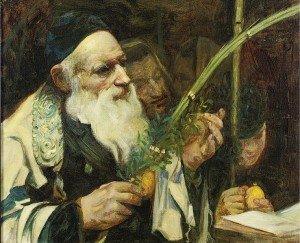The Importance and Traditions of Sukkot

Introduction to Sukkot
Sukkot, also known as the Feast of Tabernacles or the Festival of Booths, is a major Jewish festival that holds immense significance in Jewish tradition. Celebrated five days after Yom Kippur, Sukkot commemorates the gathering of the harvest and the Israelites’ journey through the desert after their exodus from Egypt. This year, Sukkot begins the evening of October 6 and ends on October 13, marking a time of joy, thankfulness, and remembrance among Jewish communities worldwide.
Historical Significance and Customs
Sukkot is deeply rooted in agricultural history, celebrating the harvest and recognising the importance of food security and gratitude for nature’s bounty. It is mandated in the Torah, where it specifies that Jews must dwell in booths (sukkot) for seven days, reflecting on the temporary shelters that the Israelites used in the wilderness. The tradition of constructing a sukkah, a temporary hut often adorned with fruits and vegetables, enhances the experience. Families gather in these structures for meals, prayers, and celebrations, symbolising unity and the essence of community.
Festivities Around the World
The festival is marked by various customs across different cultures. In Israel, many celebrate with joyful parades, music, and dancing, reflecting the festival’s essence of closeness to nature and community. In the Diaspora, Jewish families often invite friends and neighbours into their sukkot, fostering a spirit of hospitality and inclusivity. Notably, the waving of the four species (the etrog, lulav, hadass, and aravah) is a significant ritual during Sukkot, embodying unity among different aspects of life and nature.
Conclusion: Sukkot’s Relevance Today
The relevance of Sukkot transcends its historical and religious roots, resonating with themes of gratitude, community, and reflection. In today’s fast-paced world, the practice of stepping into a sukkah invites individuals to slow down, appreciate the harvest, and connect with loved ones. As more Jewish families and communities celebrate Sukkot, the festival continues to evolve, fostering intergenerational ties and a deeper understanding of heritage. As Sukkot approaches, may it inspire us all to appreciate the abundance in our lives and the importance of fellowship.
